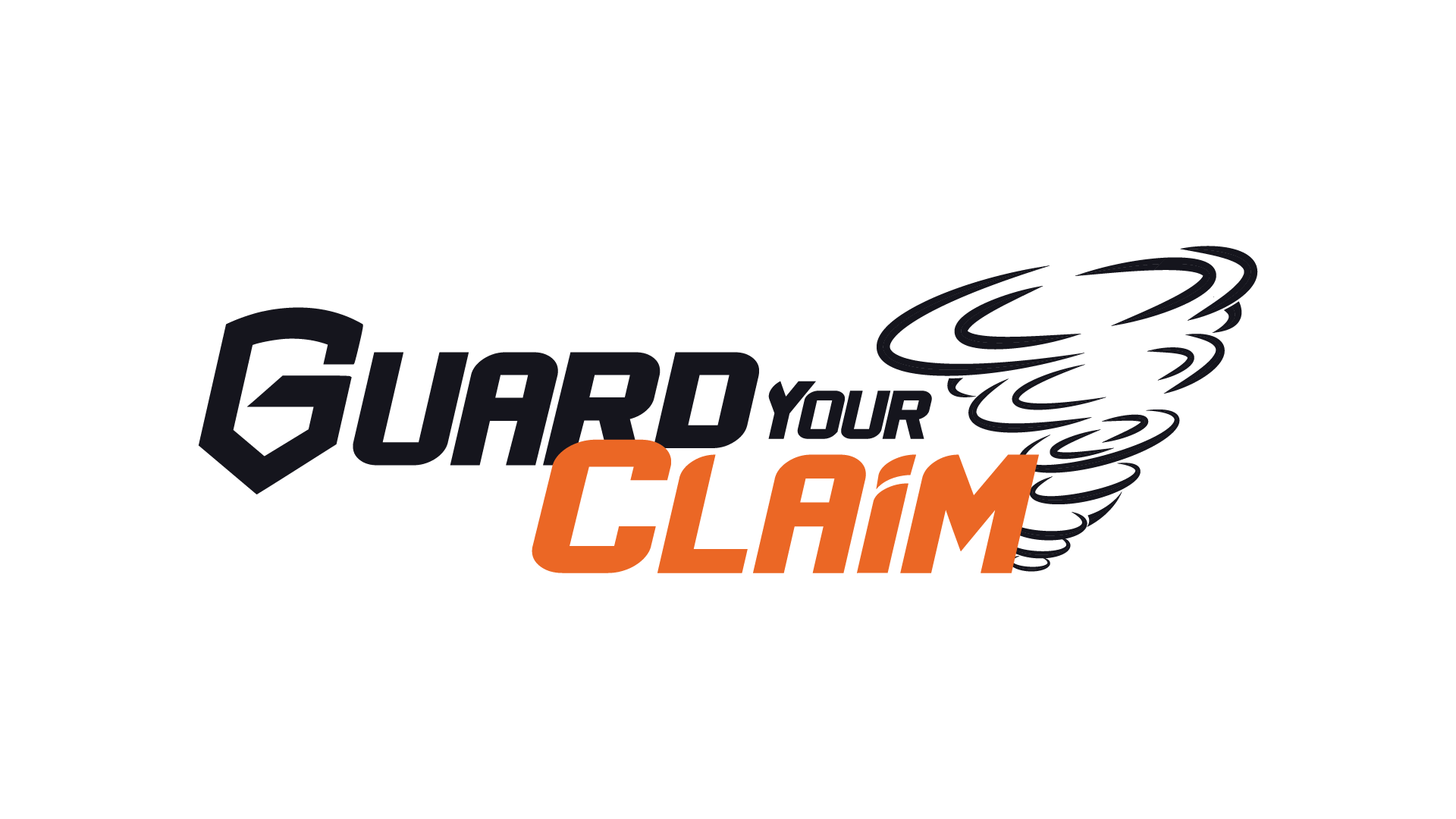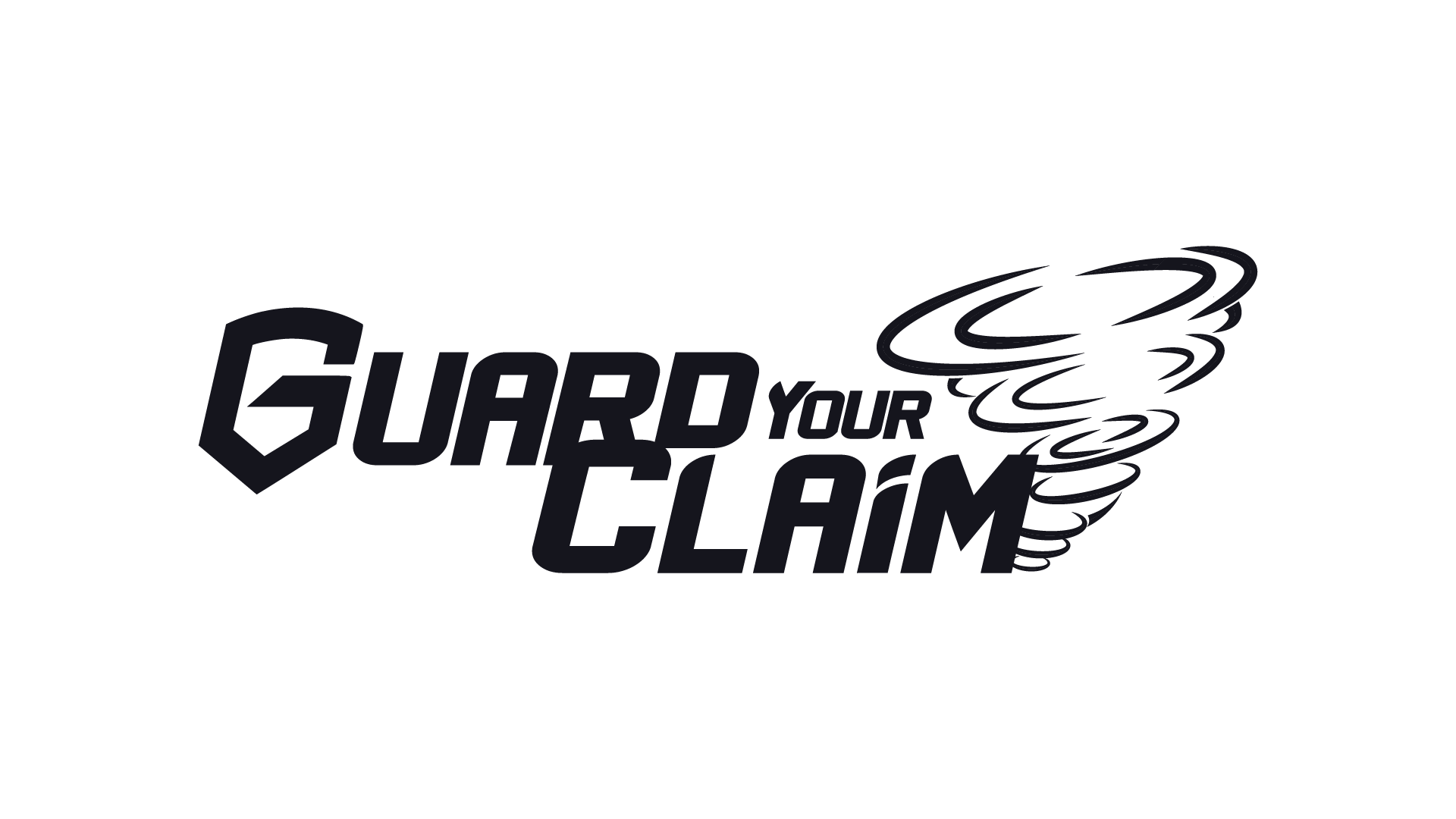The Role and Importance of a Property Damage Claims Adjuster

The insurance claims after property damage can be a stressful and time-consuming process. This is where a property damage claims adjuster becomes essential. From assessing damage to negotiating with insurers, these professionals act as advocates for policyholders, ensuring they receive the compensation they deserve.
What Does a Property Damage Claims Adjuster Do?
A property damage claims adjuster is responsible for evaluating the extent of damage to your property and determining the monetary value of your claim. They act as intermediaries between you and your insurance company to:
- Inspect Property Damage: Conduct a thorough on-site or virtual assessment to document and calculate losses.
- Review Insurance Policies: Interpret policy terms and conditions to identify coverage options.
- Negotiate Settlements: Advocate for fair compensation by presenting detailed damage reports to insurers.
- Assist with Documentation: Guide clients in submitting required paperwork and evidence.
Types of Property Damage Claims Handled by Adjusters
A qualified adjuster can handle various types of claims, including:
1. Storm and Weather Damage
From hurricanes to hailstorms, adjusters assess structural and cosmetic damage caused by extreme weather conditions.
2. Fire and Smoke Damage
Fire-related claims require detailed documentation of structural damages and destroyed belongings.
3. Water Damage and Mold
Leaking pipes, floods, or sewage backups can cause extensive water damage. Adjusters ensure remediation and restoration costs are adequately covered.
4. Theft and Vandalism
Adjusters help estimate the value of stolen or damaged property due to criminal acts.
Why You Should Hire a Property Damage Claims Adjuster
The claims process can be overwhelming, and insurers may not always prioritize your best interests. Here’s why hiring an adjuster is a smart move:
1. Expertise in Claims Handling
Their experience ensures all aspects of your claim are addressed accurately, minimizing the chances of denial or underpayment.
2. Saves Time and Reduces Stress
Handling a claim can be a full-time job. Adjusters streamline the process, allowing you to focus on recovery.
3. Maximizes Your Payout
Adjusters work to uncover overlooked damages and negotiate better settlements than you might secure independently.
4. Acts as Your Advocate
Unlike insurance company adjusters, independent adjusters prioritize your interests over the insurer’s.
How to Choose the Right Property Damage Claims Adjuster
When selecting an adjuster, consider the following:
1. Credentials and Licensing
Ensure the adjuster is licensed in your state and has the necessary certifications.
2. Experience with Similar Claims
Look for adjusters who specialize in handling claims similar to your situation.
3. Reputation and References
Check online reviews and ask for references to verify the adjuster’s reliability.
4. Fee Structure
Most adjusters charge a percentage of the settlement. Clarify costs upfront to avoid surprises.
5. Communication Skills
Choose someone who is responsive and explains the claims process clearly.
Steps in the Property Damage Claims Process
Understanding the claims process can help you collaborate effectively with your adjuster:
Step 1: Report the Damage
Notify your insurer immediately and document the damage with photos and videos.
Step 2: Hire an Adjuster
Engage a property damage claims adjuster to represent your interests.
Step 3: Damage Inspection
The adjuster will evaluate and document the extent of the damage.
Step 4: File the Claim
Submit the claim along with evidence and repair estimates.
Step 5: Negotiate the Settlement
The adjuster negotiates with the insurance company to secure the best possible payout.
Step 6: Settlement and Repairs
Once the settlement is approved, use the funds for necessary repairs.
Common Challenges in Property Damage Claims
Even with a skilled adjuster, challenges may arise:
- Delays in Processing: Insurance companies may take longer than expected to process claims.
- Disputed Valuations: Disagreements over damage estimates can lead to prolonged negotiations.
- Coverage Limitations: Some policies have exclusions or caps that limit payouts.
A professional adjuster anticipates and navigates these challenges to ensure a smooth process.
FAQs
What is the difference between a public and insurance company adjuster?
A public adjuster represents the policyholder, while an insurance company adjuster works for the insurer, aiming to minimize payouts.
How long does the claims process take?
The duration varies based on the complexity of the damage and the insurer’s response time, but an adjuster can expedite the process.
Are property damage claims adjusters worth the cost?
Yes, they often secure higher settlements that more than offset their fees, making them a valuable investment.
Can an adjuster help with denied claims?
Absolutely. An adjuster can review denied claims, identify errors, and advocate for reconsideration.
What should I do if my insurer underpays my claim?
Consult a property damage claims adjuster to evaluate your options and negotiate for a fair settlement.
Do I need an adjuster for minor damage?
For small claims, an adjuster may not be necessary. However, for significant damages, their expertise is invaluable.
In conclusion, a property damage claims adjuster is an indispensable ally when dealing with the complexities of insurance claims. From ensuring accurate assessments to negotiating optimal payouts, their role is critical in protecting your financial interests. By choosing the right adjuster, you can navigate the claims process confidently and secure the compensation you deserve.
Don’t let the insurance process overwhelm you. Hire a trusted property damage claims adjuster to maximize your settlement and protect your rights. Contact us now for a free consultation and take the first step toward the compensation you deserve!



